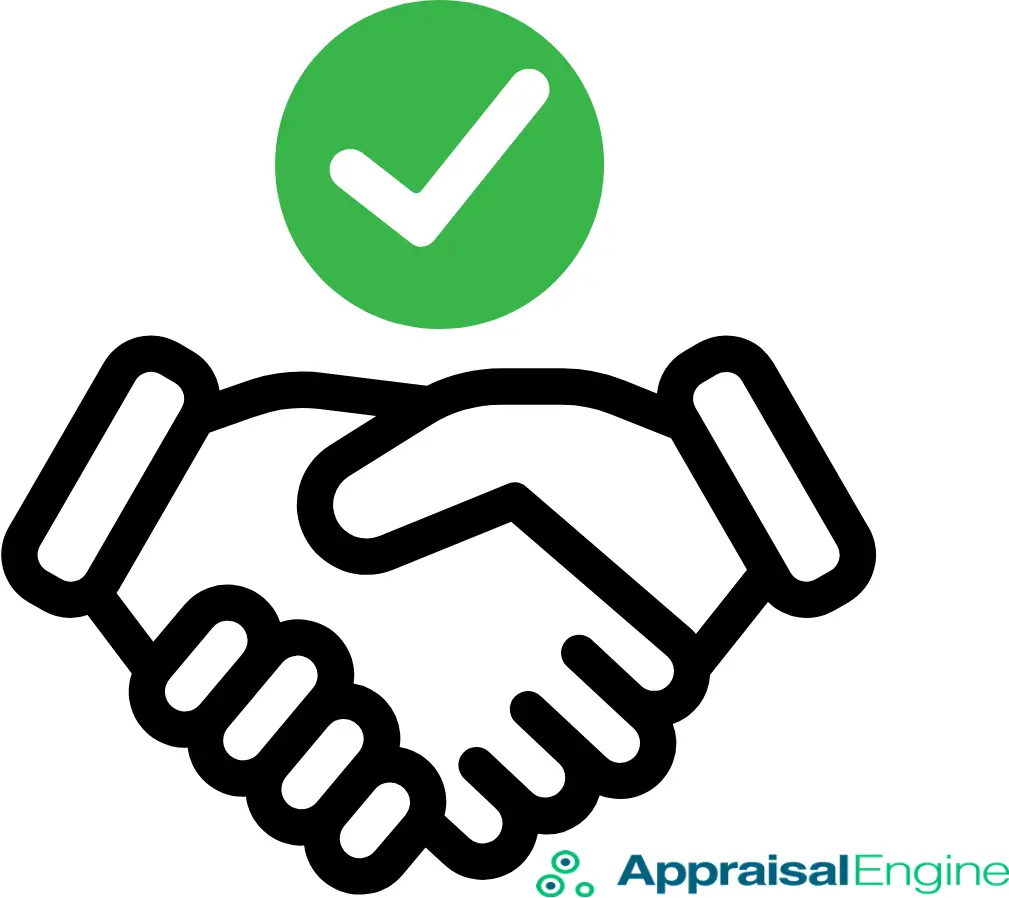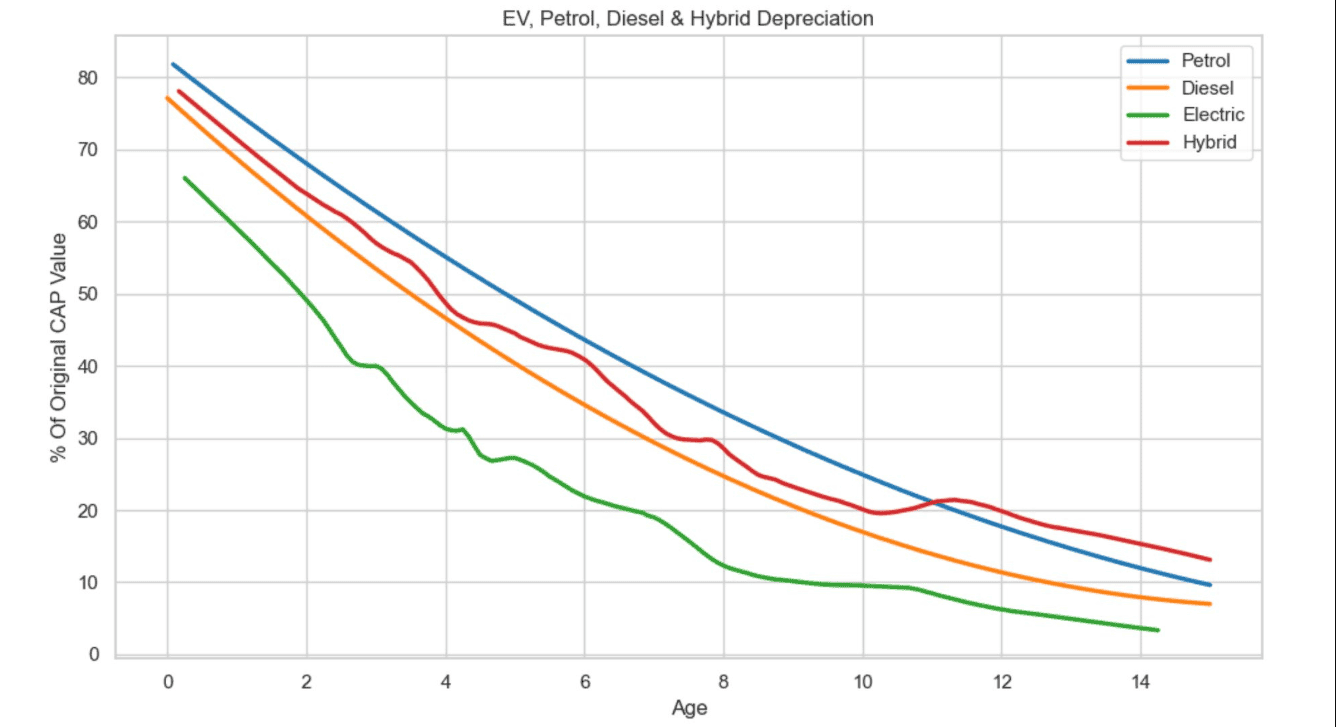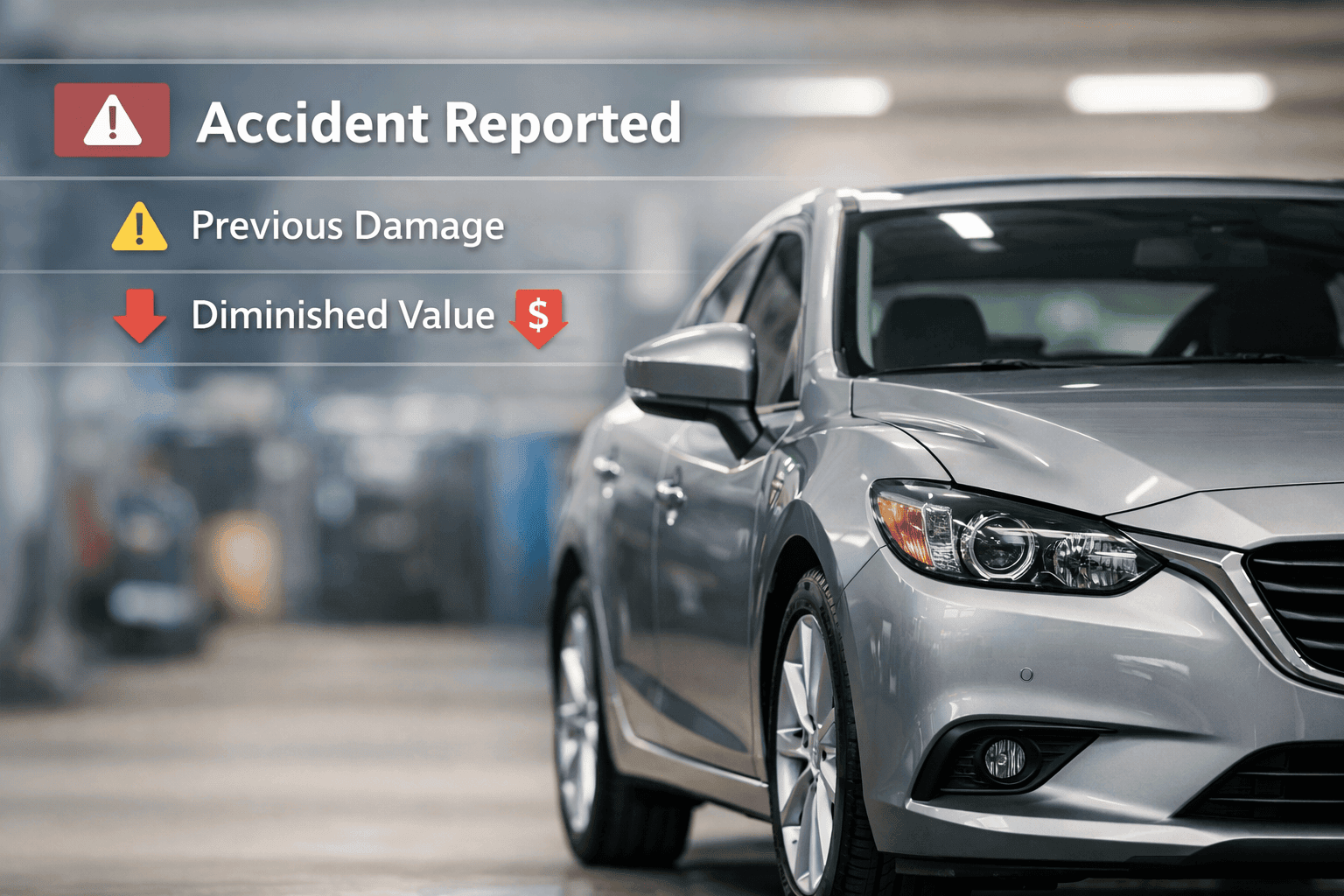Navigating the world of vehicle transactions can feel like a daunting task. Buyers worry about overpaying, while sellers strive to get the best possible price. So, how can both parties ensure a fair and transparent deal? The answer lies in professional vehicle appraisals.
These evaluations provide an unbiased assessment of a car’s value, bridging the gap between buyer and seller expectations.
This article delves into the role of vehicle appraisals in creating trust, setting realistic prices, and facilitating smoother transactions, ensuring that everyone drives away satisfied.
DOWNLOAD: “How Vehicle Appraisals Ensure Fair Deals for Buyers and Sellers”.PDF
What Is a Vehicle Appraisal?
A vehicle appraisal is a professional evaluation of a car’s current market value. It considers various factors such as:
- Make and model
- Year of manufacture
- Mileage
- Condition
- Market demand
By providing an objective valuation, appraisals help eliminate guesswork and emotional biases.
Why Are Vehicle Appraisals Important?
Vehicle appraisals are essential for several reasons:
- Accuracy: Ensures the price reflects the car’s true market value.
- Transparency: Builds trust between buyers and sellers.
- Negotiation Tool: Offers a solid foundation for price discussions.
- Financial Planning: Helps buyers secure appropriate financing or sellers meet realistic expectations.
How Appraisals Benefit Buyers
1. Avoid Overpaying
Buyers often worry about paying more than a car is worth. An appraisal provides an accurate value, helping buyers make informed decisions.
2. Understand the Vehicle’s Condition
Appraisals include detailed reports on a car’s condition, giving buyers a clear picture of what they’re purchasing.
3. Leverage in Negotiations
Armed with an appraisal report, buyers have a stronger position to negotiate a fair deal.
How Appraisals Benefit Sellers
1. Set a Competitive Price
An appraisal ensures sellers list their vehicle at a price that attracts buyers while maximizing profit. For example, a seller looking to sell a classic car used an appraisal to determine its unique value based on rarity and condition, which helped secure a premium price in a niche market.
2. Establish Credibility
Providing buyers with a professional appraisal report demonstrates transparency and builds trust. In one case, a seller included a third-party appraisal in their listing, which led to a quicker sale because buyers were confident in the valuation.
3. Faster Sales
Cars priced accurately sell faster, reducing the hassle for sellers. For instance, a seller of a high-mileage SUV used an appraisal to set a realistic asking price, attracting multiple offers within days instead of months.
Factors Considered in a Vehicle Appraisal
Professional appraisers evaluate several key factors:
- Exterior Condition: Dents, scratches, and paint quality.
- Interior Condition: Upholstery, dashboard, and features.
- Mechanical Health: Engine performance, transmission, and brakes.
- Market Trends: Demand for similar vehicles in the area.
- Service History: Regular maintenance and repairs.
The Appraisal Process: What to Expect
- Initial Inspection: Physical or virtual examination of the car, which typically takes 30-60 minutes depending on the vehicle’s condition and the appraiser’s thoroughness. Challenges may include limited access to certain parts of the vehicle or difficulty scheduling inspections.
- Document Verification: Review of title, registration, and service records.
- Market Analysis: Comparison with similar vehicles in the market.
- Report Generation: Detailed report with the car’s valuation.
Types of Vehicle Appraisals
- Pre-Sale Appraisal: Helps sellers set the right asking price.
- Pre-Purchase Appraisal: Ensures buyers get value for their money.
- Insurance Appraisal: Determines value for coverage or claims.
- Diminished Value Appraisal: Assesses loss in value after an accident.
Common Misconceptions About Vehicle Appraisals
1. “They’re Only for Luxury Cars”
Appraisals are valuable for all types of vehicles, not just high-end models. Many people think only luxury or rare vehicles require appraisals, but even everyday cars benefit from accurate valuations.
2. “They’re Expensive”
Most appraisals are affordable and save money by ensuring fair pricing. Additionally, many services offer tiered pricing options to fit different budgets.
3. “They’re Unnecessary for Private Sales”
Even private transactions benefit from the transparency an appraisal provides. A third-party valuation can prevent disputes and speed up negotiations.
4. “Online Tools Are Just as Good”
While online valuation tools provide quick estimates, they often lack the detailed, personalized analysis that professional appraisals deliver. These tools can miss key factors like recent repairs or unique market conditions.
5. “Appraisals Are Only for Older Vehicles”
Newer vehicles can also benefit from appraisals, especially when assessing diminished value after an accident or setting a resale price. are valuable for all types of vehicles, not just high-end models.
When Should You Get a Vehicle Appraisal?
- Before selling your car
- Before purchasing a used car
- After an accident to assess diminished value
- For insurance claims or coverage adjustments
How to Choose a Reliable Appraisal Service
- Experience: Look for certified professionals with years of experience.
- Reviews: Check online reviews and testimonials.
- Services Offered: Ensure they provide comprehensive reports.
- Turnaround Time: Choose a service that delivers results promptly.

Conclusion
Vehicle appraisals are invaluable for buyers and sellers aiming for a fair transaction. By providing an objective, data-driven valuation, they eliminate guesswork and foster trust between parties.
Whether you’re buying, selling, or insuring a vehicle, a professional appraisal ensures you make informed decisions with confidence.





